Table of Contents
The field of nutrition has experienced a significant shift in recent decades, with a growing body of scientific research highlighting the multiple health benefits of plant-based diets.
Veganism is a diet that is comprehensive and environmentally conscious throughout lifestyle choices. It’s more than a diet; it’s a lifestyle choice rooted in animal welfare and environmental sustainability. Vegans abstain from consuming all animal-based products, including meat, dairy, eggs, and honey, and also avoid products tested on animals or made from animal-derived materials.
As evidence mounts regarding the links between diet and health outcomes, a growing number of people are turning to plant-based diets for their health benefits. Indeed, research suggests that such diets can promote weight loss, lower blood pressure, and reduce the risk of chronic diseases like heart disease and cancer.
We’ll explore the science behind a vegan diet’s proposed health benefits, looking at macronutrients (protein, fats, and carbohydrates) and micronutrients (vitamins and minerals), and how they contribute to physiological and psychological well-being. We’ll also address possible nutritional deficiencies in a vegan diet and how to help mitigate them.
The Nutritional Basis of a Vegan Diet
While it’s a common misconception that a vegan diet automatically lacks essential nutrients, a well-planned diet can easily meet all nutritional needs.
The key is to consume a wide variety of whole plant foods to ensure an adequate intake of essential nutrients. B-12, for example, should be supplemented.
Macronutrients
Macronutrients, which include proteins, fats, and carbohydrates, form the basis of any diet, including a vegan diet. Understanding the sources of these nutrients in a vegan diet is crucial to ensure balanced nutrition.
Protein sources in a vegan diet
When it comes to protein, many people automatically think of meat. However, plant-based diets provide plenty of protein. The following are some common sources of vegan protein:
- Legumes
- Whole grains
- Nuts and seeds
- Vegetables
- Tofu
- Tempeh
- Seitan
Healthy fats and carbohydrates in plant-based foods
Healthy fats are crucial for our bodies, playing key roles in brain function, nutrient absorption, and heart health.
In terms of carbohydrates, whole plant-based foods are typically high in complex carbohydrates, which provide sustained energy and contribute to satiety. The high fiber content of these plant foods also ensures a healthy gut.
The following are excellent sources of heart-healthy monounsaturated and polyunsaturated omega-3 fatty acids:
- Avocados
- Flaxseeds
- Chia seeds
- Walnuts
- Olive oil
Vitamins and minerals in plant-based diets
Vegan diets can provide an abundant source of vitamins and minerals – more so than the majority of animal-derived foods. Essential nutrients support a wide range of physiological functions.
Most plant foods are rich in vitamins and minerals like:
Fruits and vegetables are rich in vitamins C and E, potassium, and folic acid. Legumes and whole grains provide B vitamins, iron, and magnesium. Dark green leafy vegetables are excellent sources of calcium and vitamin K.
These vitamins and minerals support physiological and neurological function, and support the integrity of your immune system.
Addressing potential nutrient deficiencies
Despite the high nutritional value of a vegan diet, some nutrients require special attention. Vitamin B-12, for instance, is primarily found in animal products, because it is artificially added to dairy. Vegans can obtain this nutrient from fortified foods like plant milk and breakfast cereals, or supplement independently.
Similarly, while plant foods contain high levels of iron, it’s not as readily absorbed as the iron in meat (heme). Generally, around ~30% of iron derived from animal products is absorbed, while only ~2-10% is absorbed from plant foods.
Consuming iron-rich plant foods along with vitamin C-rich foods can enhance iron absorption. Finally, although the body can produce vitamin D when exposed to sunlight UV rays, people with limited sun exposure may need to consume fortified foods or take vegan-friendly D3 supplements.
Health Benefits of a Vegan Diet
Choosing to follow a vegan diet can yield significant health benefits. Many people with chronic health conditions, high cholesterol, or diabetes often find their conditions reversed after switching to a vegan or plant-based diet.
Research shows that vegans, on average, have a lower body mass index, reduced risk of chronic disease, and improved mental health.
Weight Management and Reduced Risk of Obesity
Maintaining a healthy weight is one of the key factors in promoting overall health and well-being, and adopting a vegan diet can be an effective strategy in this regard.
The nature of plant-based foods, in terms of their nutritional composition and caloric density, plays a significant role in reducing the risk of obesity.

Lower Calorie Density of Plant-Based Foods
One of the reasons why vegans often have a lower body mass index than their omnivorous counterparts is the lower caloric density of plant-based foods. Whole grains, fruits, vegetables, and legumes offer a much greater volume with relatively fewer calories, allowing vegans to feel fuller without consuming an excessive amount of calories.
The lower calorie density of plant-based foods doesn’t mean they are lacking in essential nutrients.
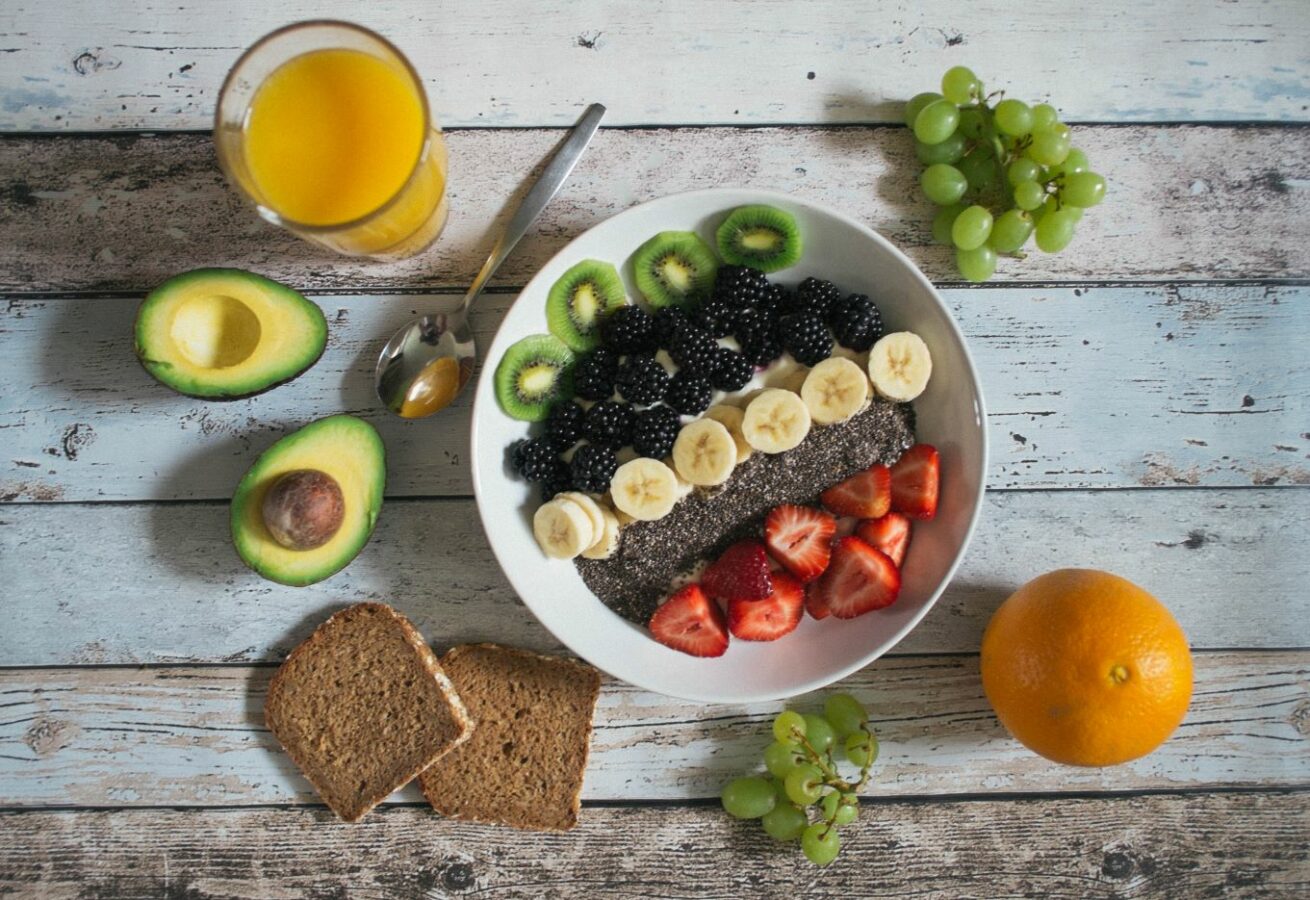
The Role of Fiber in Satiety and Weight Control
Plant-based foods are rich in dietary fiber, contributing to a feeling of fullness and helps control hunger. A high-fiber diet can be a valuable tool for weight management by slowing digestion and promoting feelings of satiety.
In addition to aiding in weight control, dietary fiber also plays a crucial role in maintaining gut health.
It serves as a prebiotic, feeding the beneficial bacteria in our gut and helping maintain a balanced gut microbiome. This is an important aspect of overall health, as a healthy gut microbiome has been linked to countless aspects of well-being, from mental health to immune system function.
Lowering the Risk of Chronic Diseases
Adopting a vegan diet is beneficial not only for weight management, but can also significantly lower the risk of developing chronic diseases.
Many of these diseases, such as heart disease, hypertension, diabetes, and cancer, have been linked to poor dietary habits or excessive red meat intake. Let’s explore how a vegan diet can contribute to reducing these risks.
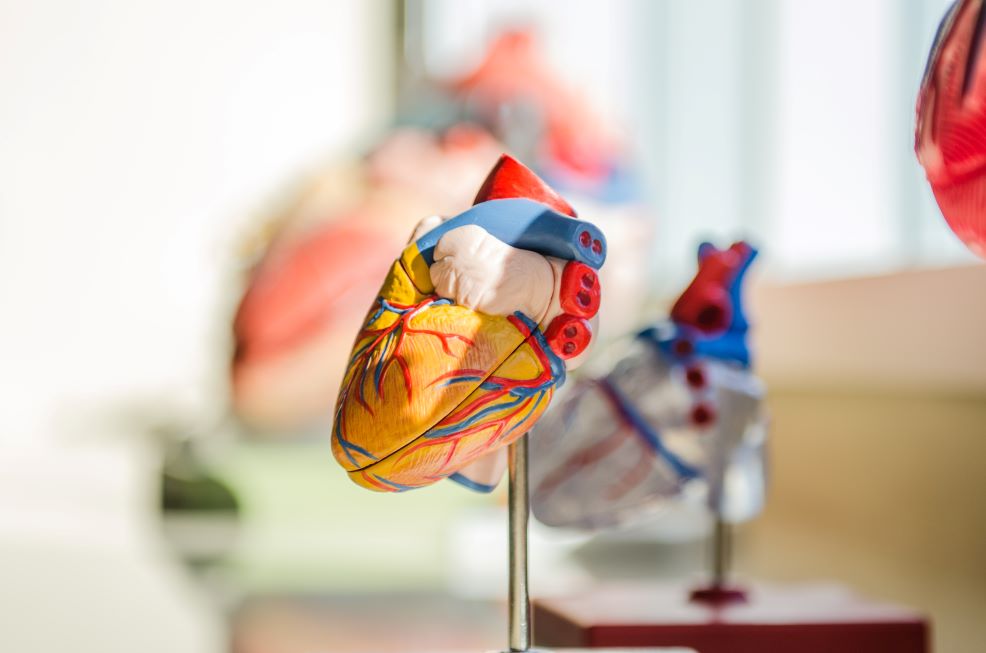
Reduced Risk of Heart Disease and Hypertension
A vegan diet may help reduce the risk of heart disease and hypertension. Numerous studies have linked plant-based diets to lower cholesterol levels, lower blood pressure, and reduced incidences of heart disease.
These benefits may be due to the lower levels of saturated fat in vegan diets and the abundance of heart-healthy nutrients in plant foods, such as dietary fiber, antioxidants, and phytochemicals.
The role of plant-based diets in heart health is not just about what they lack (saturated fat and cholesterol) but also about what they provide.

Lower Incidence of Type 2 Diabetes and Certain Cancers
Studies show that a vegan diet may reduce the risk of developing type 2 diabetes. This could be due to improved blood sugar control associated with high-fiber, plant-based diets.
Furthermore, research from the World Health Organization and the National Cancer Institute suggests that a plant-based diet can lower the risk of certain cancers, particularly colorectal cancer.
In addition, plant-based diets are low in saturated fat and high in fiber, two factors associated with a reduced risk of certain cancers. Also, the plethora of antioxidants in plant foods helps neutralize harmful free radicals, potentially reducing cancer risk.
Improved Internal Body Systems
Besides the potential to reduce the risk of chronic diseases, a vegan diet can also improve the function of various internal body systems. A well-planned vegan diet, rich in fiber and diverse in nutrients, can positively impact everything from gut health to kidney function. Let’s delve into this in more detail.
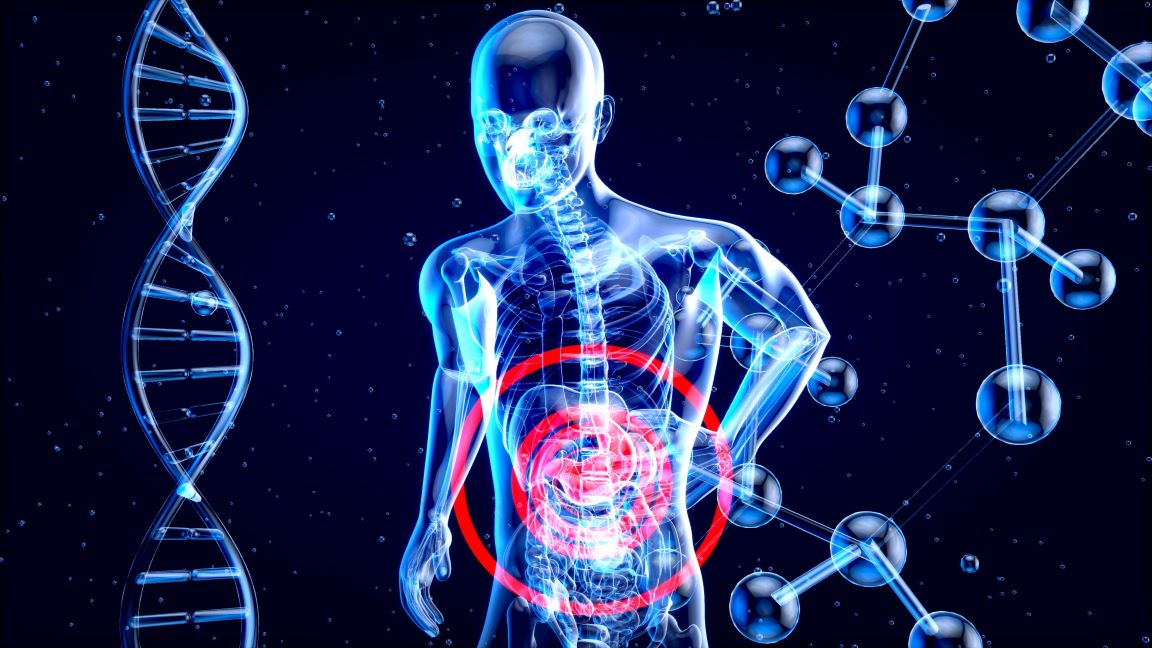
The Benefits of a High-Fiber Diet for Gut Microbiota and Regularity
A vegan diet, rich in fiber, can significantly benefit gut health. Fiber aids in regular bowel movements and supports a healthy gut microbiome, which can improve digestion and the absorption of nutrients.

Potential Alleviation of Gastrointestinal Disorders
There is some evidence that a plant-based diet can help alleviate symptoms of certain gastrointestinal disorders, such as irritable bowel syndrome and inflammatory bowel disease, although more research is needed in this area.
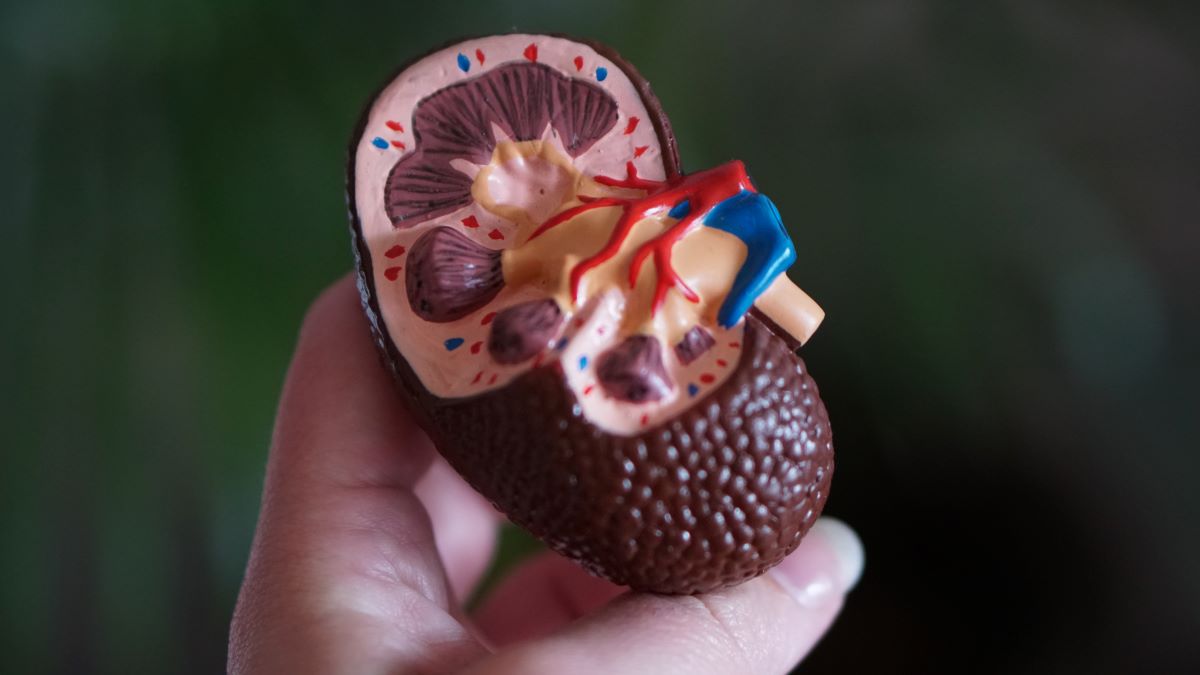
Enhanced Kidney Function
Some studies suggest that a vegan diet may benefit kidney function by reducing the amount of metabolic waste products that the kidneys need to eliminate.
Plant-based diets are also associated with a reduced risk of kidney stones and gallstones. They tend to have a lower acid load, which reduces the likelihood of stone formation in the kidneys and gallbladder.
Improved Skin, Hair, and Nails
The benefits of a vegan diet extend to outward appearance. The rich, diverse array of nutrients and antioxidants uniquely found in plant-based foods can positively impact skin, hair, and nails.

The Benefits on Skin
The high level of antioxidants, vitamins, and minerals in plant-based foods can positively impact skin health, reducing chronic inflammation.
A diet high in fruits and vegetables, which are packed with antioxidants like beta-carotene and vitamins C and E, can protect the skin from oxidative damage, potentially leading to improved complexion and a reduction in acne.
Additionally, the hydration provided by the high water content in many plant-based foods can support skin elasticity and help it appear more supple.

The Benefits on Hair
The essential nutrients found in a vegan diet, including essential fatty acids, protein, and vitamins A, C, and E, can contribute to healthy, shiny hair. Omega-3 fatty acids (ALA), found in flaxseeds, chia seeds, and walnuts may enhance hair growth and promote healthier looking hair.
Biotin and other essential B-vitamins are high in many whole grains, legumes, and nuts – which support hair follicles and growth.

The Benefits on Nails
Consuming a wide variety of nutrient-rich plant foods can promote strong, healthy nails. Fruits and vegetables, notably those high in vitamins A and C, can boost collagen production, which is key for nail health.
Furthermore, consuming plant-based protein sources ensures the keratin production necessary for healthy, strong nails.
Fruits and vegetables, notably those high in vitamins A and C, can boost collagen production, which is key for nail health.
Mental Health Benefits
The physical health benefits of a vegan diet are well-documented, but there’s also an emerging body of evidence suggesting a plant-based diet might contribute to improved mental health.
This may be due to plant-based foods’ rich concentration of essential nutrients, antioxidants, and fiber. In the next few sections, we will examine how a vegan diet may contribute to enhanced mood, better cognitive function and memory, and increased energy levels and focus.

Enhanced Mood and Reduced Depression
Research suggests that a vegan diet positively affects mental health. Several studies have found a correlation between a plant-based diet and a reduced risk of depression, possibly due to the high intake of nutrients such as folate, omega-3 fatty acids, and antioxidants that promote brain health.
Additionally, plant-based diets are high in complex carbohydrates, which help regulate serotonin, a neurotransmitter with mood-boosting properties.

Better Cognitive Function and Memory
There is also preliminary evidence to suggest that plant-based diets support cognitive function and memory. Nutrients like omega-3 fatty acids, antioxidants, and B vitamins, abundant in many plant-based foods, are essential for brain health.
They help protect the brain from oxidative stress, promote nerve cell growth, and support the brain’s overall function. Furthermore, research suggests that diets rich in fruits, vegetables, nuts, and whole grains, and low in unhealthy fats, may delay the onset of cognitive decline and dementia.
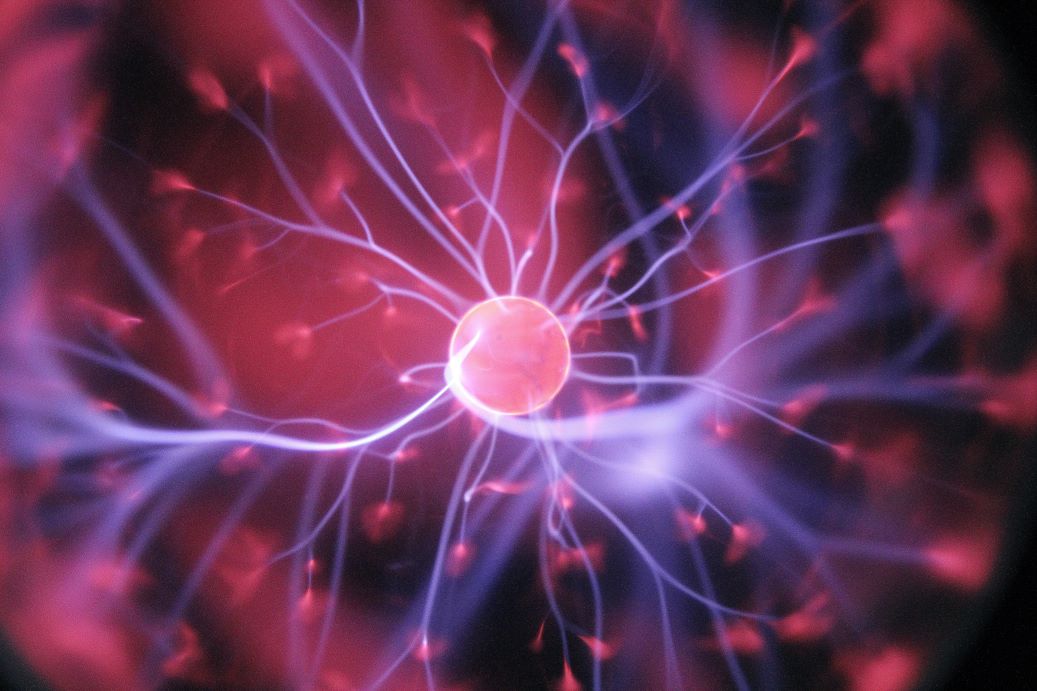
Greater Energy Levels and Focus
Finally, many people report experiencing increased energy levels and better focus when following a vegan diet. This could be due to the high nutrient density of plant-based foods and the avoidance of heavily processed foods, often high in sugars and unhealthy fats, which can cause energy spikes and crashes.
A varied diet of whole plant foods ensures a steady energy supply throughout the day. Moreover, a vegan diet is rich in fiber, which aids digestion and promotes a steady release of glucose into the bloodstream, leading to sustained energy levels and mental clarity.
Counterarguments and Criticisms
The plant-based or vegan diet is one rife with controversy, unfortunately. Many people who wish to adhere to a carnivorous diet or want to defend the animal agricultural industry levy claims against proponents of vegan diets, exclaiming that they’re nutrient deficient.
Nutrient Availability and Supplementation
The primary basis for all counter arguments against veganism is that it lacks essential nutrients. Namely, B-12 and iron. Both of these are often deficient in vegans, yes, but these are not reasons to avoid the diet. B-12 is often required supplementally by many people – even those who eat dairy or meat. Our ability to synthesize it from both food and supplements also declines as we age.
As iron is more poorly absorbed from plant foods (non-heme) than it is from meat (heme), vegans will often have to eat a little more to meet adequate intake. This isn’t a problem. Most plant foods contain high amounts of non-heme iron, especially legumes, leafy greens, and whole grains.
While phytates, a compound in plants, can bind and prevent absorption of iron, it is often not a problem in those consuming a vegan diet. They are also associated with their own health benefits, despite the opposition from Paleo advocates.
Another primary argument against the healthfulness of a vegan diet is that it does not contain a high enough quantity of omega-3 fatty acids EPA and DHA – commonly found in fish.
For omega-3 fatty acids, vital for brain health and inflammation, vegans can turn to flaxseeds, chia seeds, hemp seeds, and walnuts. Those looking to supplement have the safe (mercury-free) option of algal oil – an excellent source of docosahexaenoic acid (DHA) and eicosapentaenoic acid (EPA), long-chain omega-3 fatty acids usually obtained from fish.
Meeting Protein and Calorie Needs
Science has consistently reaffirmed that vegan diets can offer adequate protein – even to athletes and bodybuilders.
It is very easy to meet the needs of daily protein recommendations, provided calorie intake is adequate. Vegan athletes’ protein needs may range from 0.36 grams to 0.86 grams per pound. Even at the highest levels of recommended protein intake, additionally protein powders aren’t often necessary.
The RDA is 0.8 grams of protein per kilogram, which works out to around 0.36 grams of protein per pound. Our calculations would set this as around ~10% of total calories from protein.
While vegan diets might inherently be lower in protein by cutting out meat and eggs, more is not necessarily better. Diets that are high in animal protein are often associated with an increased risk of kidney disease and cancer. There are no documented health benefits to a diet high in animal-derived protein.
Nearly all vegetables, legumes, nuts, seeds, and whole grains contain appreciable amounts of protein. We would recommend eating a wide variety of legumes (beans, tofu, lentils, chickpeas), nuts, seeds, and vegetables throughout the day. If one food is low in certain amino acids, the others will account for this deficit.
Individual Differences and the Need for Personalized Nutrition
Any rigid diet will inherently not take into account individualized needs. Some individuals may not be able to adhere to a strict vegan diet if they have dietary restrictions or allergies to legumes, gluten, soy, nightshades (tomatoes, eggplant), or corn.
Anyone can go vegan. However, the approach may need to be more personalized, and this may require the help of a professional nutritionist. Oftentimes, supplementation is required in the case of B-12, D3, and DHA/EPA. In those with pre-existing health conditions, additional supplements for iron, protein, calcium, or zinc may be required.
FAQ
What are the potential health benefits of a vegan diet?
A vegan diet, which eliminates all animal products, may offer benefits such as improved heart health due to lower cholesterol and blood pressure, weight management, reduced risk of type 2 diabetes, and lower incidence of certain cancers. It’s typically rich in fiber, antioxidants, and plant compounds that promote overall well-being.
How can I ensure I’m getting all the necessary nutrients on a vegan diet?
To maintain nutritional balance, focus on consuming a variety of plant-based foods like legumes, whole grains, nuts, seeds, fruits, and vegetables. Monitor your intake of key nutrients like vitamin B12, iron, calcium, omega-3 fatty acids, and protein, considering fortified foods or supplements when needed. Consulting a registered dietitian can provide personalized guidance.
Can a vegan diet provide enough protein for muscle building and maintenance?
Yes, a well-planned vegan diet can provide sufficient protein through sources like beans, lentils, tofu, tempeh, seitan, nuts, and quinoa. Combining different plant protein sources can ensure you get all essential amino acids. However, athletes and those with high protein needs might need to pay extra attention to their diet planning.








